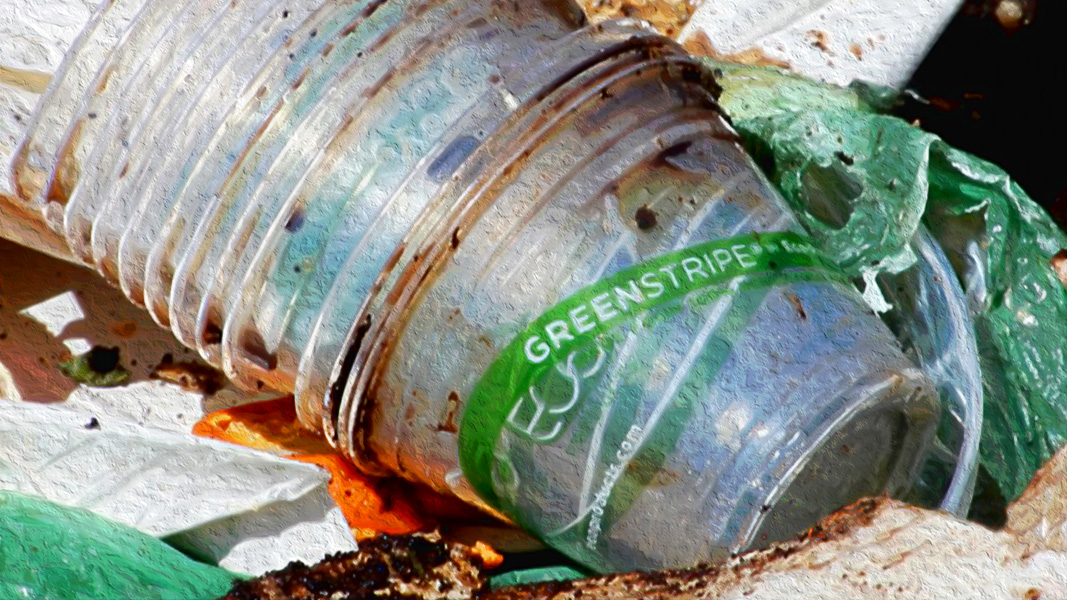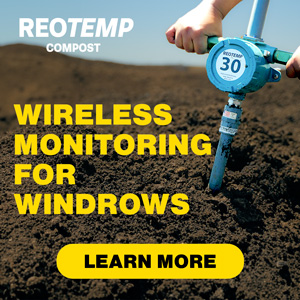Top: The needs assessments should survey compost manufacturers to understand machinery capabilities, process flows, and why certain materials are or are not processed. Photo from BioCycle archives
The Composting Consortium, managed by Closed Loop Partners’ Center for the Circular Economy, released a new policy brief stating the importance of conducting needs assessments for Extended Producer Responsibility (EPR) that account for composting infrastructure and compostable packaging. This inclusion is critical to informing comprehensive EPR law that advances sound financial and environmental outcomes. Four states — California, Colorado, Maine, and Oregon — have adopted EPR laws for packaging, and states like Illinois and Maryland have established study bills to evaluate EPR. This brief is a timely resource for states that are considering EPR and/or about to begin their needs assessments.
“As part of establishing EPR, state agencies use needs assessments to collect foundational information on a packaging material — such as design, collection and processing — to establish or support recovery goals in a state’s EPR plan,” explains the Composting Consortium policy brief. “The data gathered is critical, as it is applied in cost modeling exercises which then inform the Producer Responsibility Organization (PRO) plan. The PRO manages funds collected from the packaging producers under an EPR scheme. It is imperative that state needs assessments are comprehensive, capturing data about all viable materials, their collection and processing — whether it be reusable, recyclable or compostable packaging — to ensure the effective use and distribution of EPR funds.”
Today, EPR needs assessments continue to roll out across the country; simultaneously, volumes of compostable packaging are on the rise. For compostable materials and the composting industry to achieve waste reduction goals and financially viable outcomes as part of the EPR system, they must not be left out of the needs assessment process. Comprehensive data collection related to compostable packaging is increasingly important to EPR policy.
There are three Calls to Action for policymakers, regulators and PROs in the Consortium’s policy brief, “Optimizing EPR Through Comprehensive Needs Assessments: A Focus on Compostable Packaging and Composter Engagement.”
- Understand the packaging landscape to prevent unintended consequences. “The anticipated growth of compostable packaging entering the market, coupled with the increasing number of composters processing these materials, underscores the importance of a comprehensive needs assessment,” states the brief, noting that states applying this forward thinking “will be better equipped” to keep up with an evolving market and establish new collection and infrastructure necessary to capture compostable packaging, preventing them from disposal, incineration or contaminating the recycling stream.
- Optimize the allocation of EPR funding by collaborating with downstream processors, including compost manufacturers. “The effectiveness of an EPR plan hinges on robust supporting data from the needs assessment,” explains the Consortium. “Thus engaging with composters during the needs assessment is critical.” Understanding the compost manufacturer business model and cost to process compostable packaging increases the likelihood that EPR funds will be distributed for the appropriate use cases.
- Establish suitable collection and processing infrastructure to create a resilient EPR plan. The brief recommends that needs assessments should survey composters to understand machinery capabilities, process flows, and why certain materials are or are not processed. Upgrading composting infrastructure to accept new feedstocks, such as food scraps and compostable packaging, “will be imperative” to preserve the EPR plan’s goals and effectiveness and “ensure that compostable packaging is responsibly processed.”














